I read one to two books in a month. These are some of them that I recommend to you!
The Midnight Library
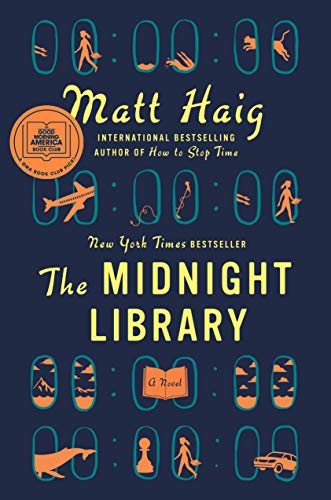
We often regret about the offers we never take, the people we never take, the love we cannot keep, and decisions we do not choose. We believe our current life would be better if we chose or did something differently; if we said yes to another option; if we did another job; or if we loved someone else. Yet, we should realize that the prison is not the place, but the perspective. We may still find the same despair and regret when living with another person in another life that we often imagine about; if we cannot see this world differently. So, we must decide what and how our life is going to be, and strive to reach that point.Every rejection that we get is a redirection that we must take to arrive at our final destination.
The Dutch House

We often hate and love someone whom we never know, sympathize with persons who never exist, feel belonged to people living in our imagination. In fact, we do those things because of words.
Seven and a Half Lessons About the Brain
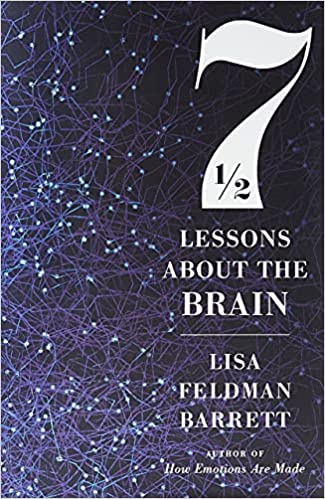
Our brain grows not to make us a better thinker, but to make us a tougher survivor. As human, we often think we are superior to other creatures because of our brain. In fact, our brain is like that of many other animals. What differentiates between us and them is our ability to project our imagination to the physical world. When we find a shelter with abundant resources, we make it as our home. Then, we invite other people as our family to enjoy the fortune. Next, we believe it bond us as a unit and think that it is our obligation to defend that shelter from others.
The Black Swan: The Impact of the Highly Improbable
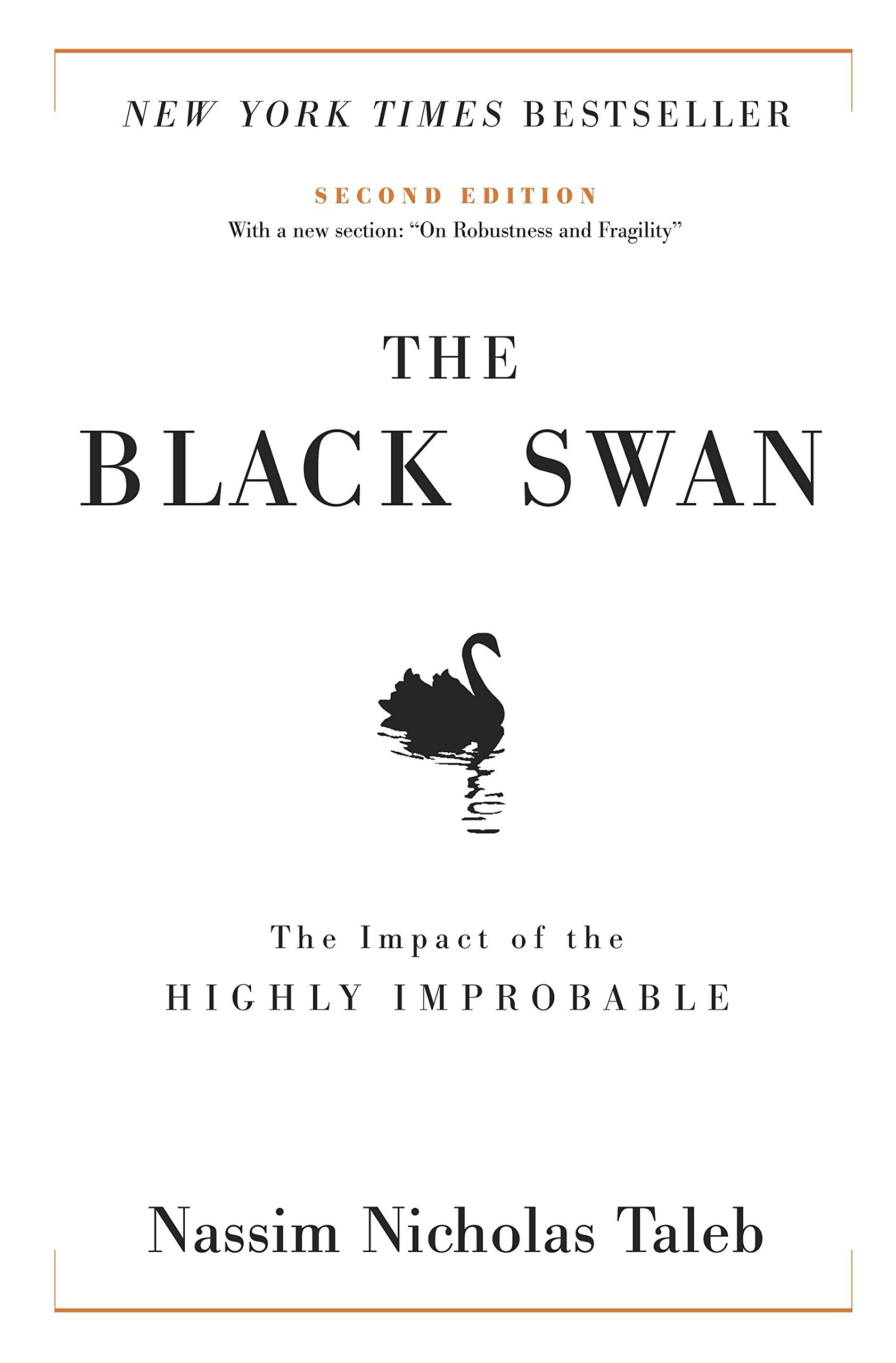
We observe the past and predict the future as if two years ago we knew we would be in our current place. We forget we often failed to predict what is going to happen, for this world is uncertain. Our brain works by predicting imminent events, which are going to occur in our environment, so we can prepare to respond to those events. The problem is we project this ability to recognize coming events to predict the future of this perplexed life; without realizing that many factors affect it. In brief, we fool ourselves by believing that this life is certain. We ignore silent evidences and assume that cause-and-effect law rules everything in this world.
Storytelling with Data: A Data Visualization Guide for Business Professionals
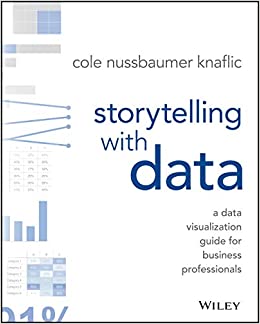
When creating a graph, first you must define your audiences. Then, you decide what you want they know or do after the listen to your presentation. Last, you plan how you achieve that. Without those preparations, the graph you present to your audience will only show data, telling no meaningful story. Also, you must keep in mind that your audiences have limited attention and capacity to digest information. So do not clutter the message you want to convey with unnecessary information.
Stillness Is the Key
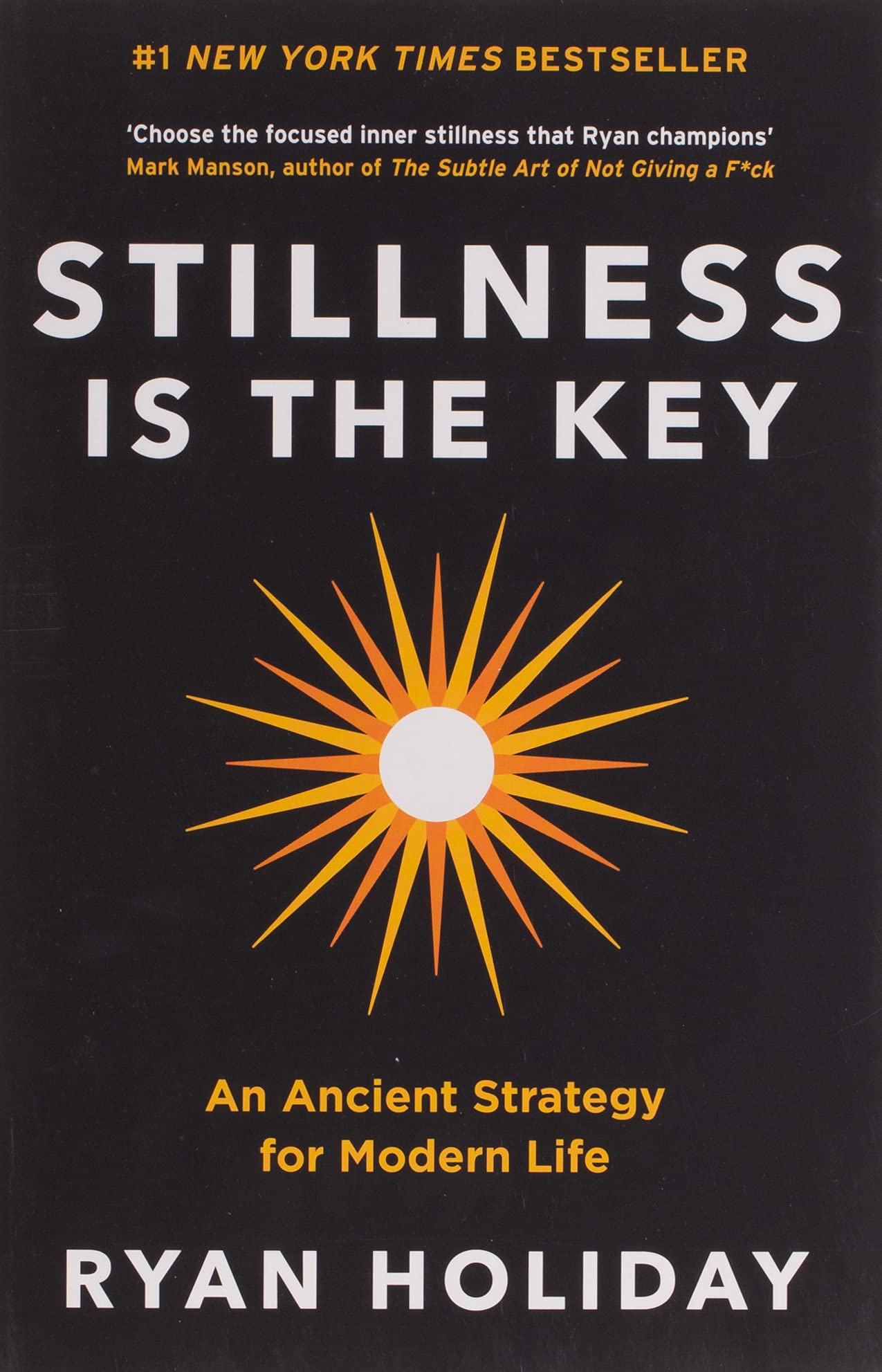
We achieve stillness and resilience by taking care of our mind, soul, and body. We must remember that those three components are a single connected entity, in which turbulence in one component affects the stability of the whole system. Maintaining a mind requires us to seek out knowledge and wisdom, while that of the soul asks us to be aware of our limitations and be humble towards others and ourselves. Lastly, the body should be treated as a living organism that demands nutrition, love, and rest; so it can grow and reaches its potential. Preserving those three things can be achieved in many ways, but it must be started by understanding ourselves.
How to Win an Argument: An Ancient Guide to the Art of Persuasion
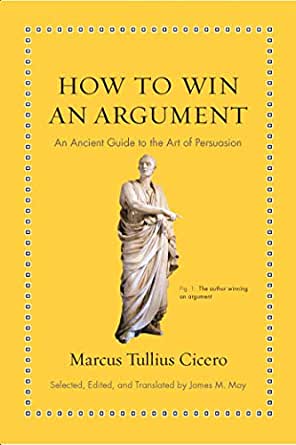
Eloquent speech contains logical thinking, emotional pitch, and prepared text. The art of public speaking requires someone to focus on arranging the content of their speech and thinking up how to deliver it. Also, one must bear in mind that eloquent speech does not start from practicing speaking but from writing broad and immense topics, which help us think logically and reflect on what we are going to say.
Steal Like an Artist
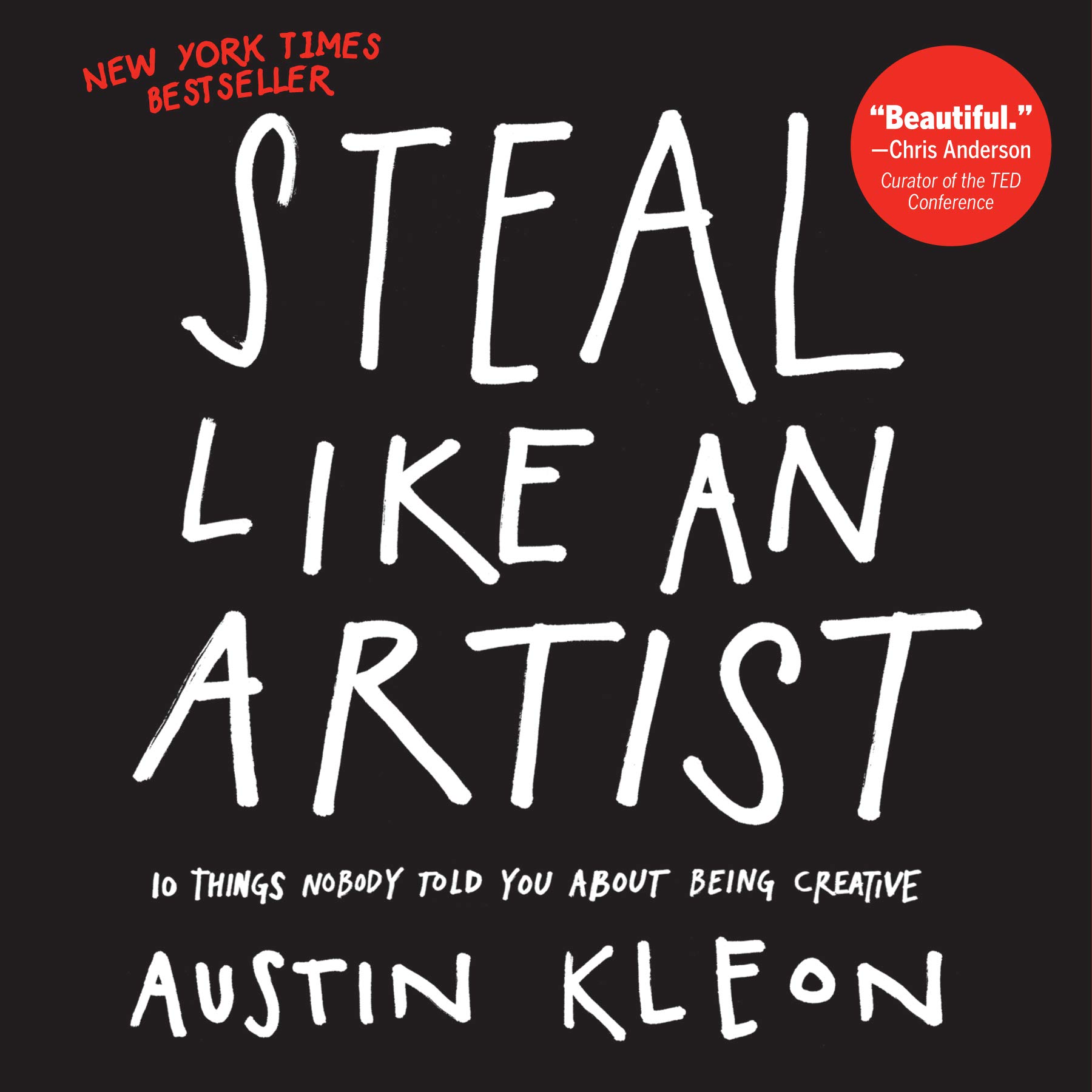
There is not a thing coming from nothing; things in this world are evolution results - copying from many sources results in originality. The previous generation affects the present people. Old ideas bring new ideas. Creativity is an art to copy from some things that are worthed to be copied. To create a novel idea is to copy old ideas and combine them.
Lie With Me by Philippe Besson

Do I need the courage to be myself? Or should I find a place that can accept who I am?
We often deny ourselves as people around us threaten to marginalize us unless we follow and believe what they believe. Then we make terms with ourselves to pretend that we were born as another person and follow the expectation of people around us. And one day, we realize that we suffer for nothing since the people who judge use, keep judging us no matter how much our effort to please them.
Atomic Habits: An Easy & Proven Way to Build Good Habits & Break Bad Ones

We form a habit by repeating a satisfying activity over and over. Before we get addicted to SNS, we only use it for one minute to relieve stress. And since it is enjoyable and produces immediate feedback (reliving our stress), we check our SNS repeatedly. Suddenly, we realize that we spend more than 2 hours staring at our smartphones but produce nothing.
To end a bad habit we must make it:
- invisible
- unattractive
- hard
- unsatisfying
And to start a good habit, we can make it:
- obvious
- attractive
- easy
- satisfying
That is the theory. But nothing will happen unless we take action.
Think Again: The Power of Knowing What You Don't Know
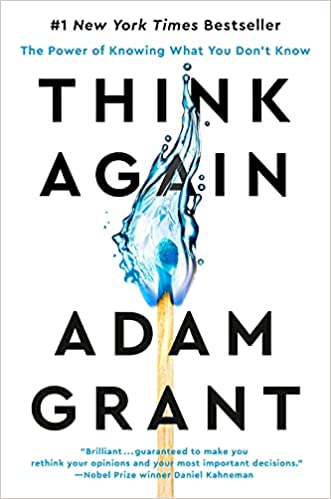
You may often doubt what other people say or believe, but how dare you are to confront your perspective. "You have to think to rethink" is a mantra that people often say when they disagree with what their opponents say. But to recite that mantra to ourselves can be more intimidating; since we often get trapped in a defensive position to defend our perspective, which turns to our identity. "Think to rethink" must be started from ourselves, the one who expects that others do the same.
A Brief History of Time
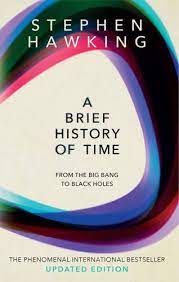
Every observer holds their stopwatch. Time is relative. One hour in the universe may become 1000 hours in another one. Does each person in this world live in a universe that has neither start nor endpoints? Does our mental model lie to us, telling us that we live in the same world even though we do not?
Oxford Guide to Plain English

If you communicate a piece of fascinating information in a complex language, people may not understand. So you must always often plain English to make it understandable. Plain English means that the sentence is brief, the vocabulary and the grammar are simple but not tedious, and the layout is uncomplicated. The main principle of plain English is to prioritize the readers and not assume they are literate and have a high reading ability.
Think and Grow Rich
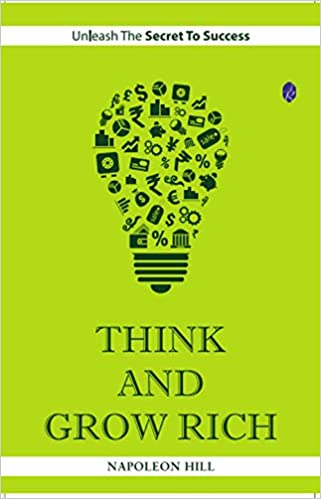
To succeed, you can't only rely on luck. A burning desire, decisiveness, and persistence are three components that one should have to accomplish their goal. And since you can't achieve success alone, you should always accompany yourself with mindful friends, whom you can ask for counsel when you need it. Also, you should avoid toxic persons that bring fear whenever they go, so you can feed your mind with a positive attitude towards any difficulty that you face.
Measure What Matters

Setting an objective is important. But without being able to be evaluated and measured, the objective will be only an idea that never gets executed. An objective should be accompanied by key results that we can use to measure how far us from the goals. Key results must be ambitious but attainable. They should be challenging enough so the people who get involved in the project can stretch their limits and grow their abilities. When evaluating key results, we should bear in mind that being off the track sometimes is fine - it tells that the key results are bold.
Give and Take
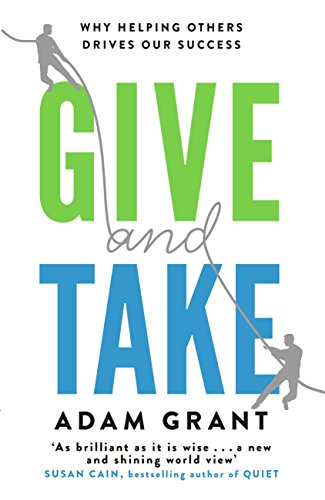
Giving means that we donate what we have to another person without expecting anything in return. When we give something to someone, we intend to improve their well-being, which indirectly affects our well-being. We must be sure that our good intention will not backfire and do a harmful effect on us. That is why we have to prioritize both our objective and the recipients' objective when we give something to them. Remember that our time, energy, and money are limited. We can give all of them to other people as we also need them to survive and advance.
The Fabric of Reality: The Science of Parallel Universes and Its Implications
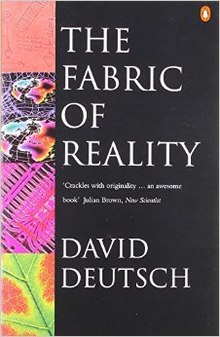
This book may blow up your mind. Though the book mainly tells possible explanations about reality in this world, it will make you wonder about the very existence of you in this world. It explains four fundamental theories that may help you the reality of this world. They are quantum physics, universal computation, Popperian epistemology, and Darwin-Dawkin's theory of evolution. The book attempts to prove that those theories are interconnected, and they should be treated as a single unit of the fabric of reality.
Get to the Point! Sharpen Your Message and Make Your Words Matter
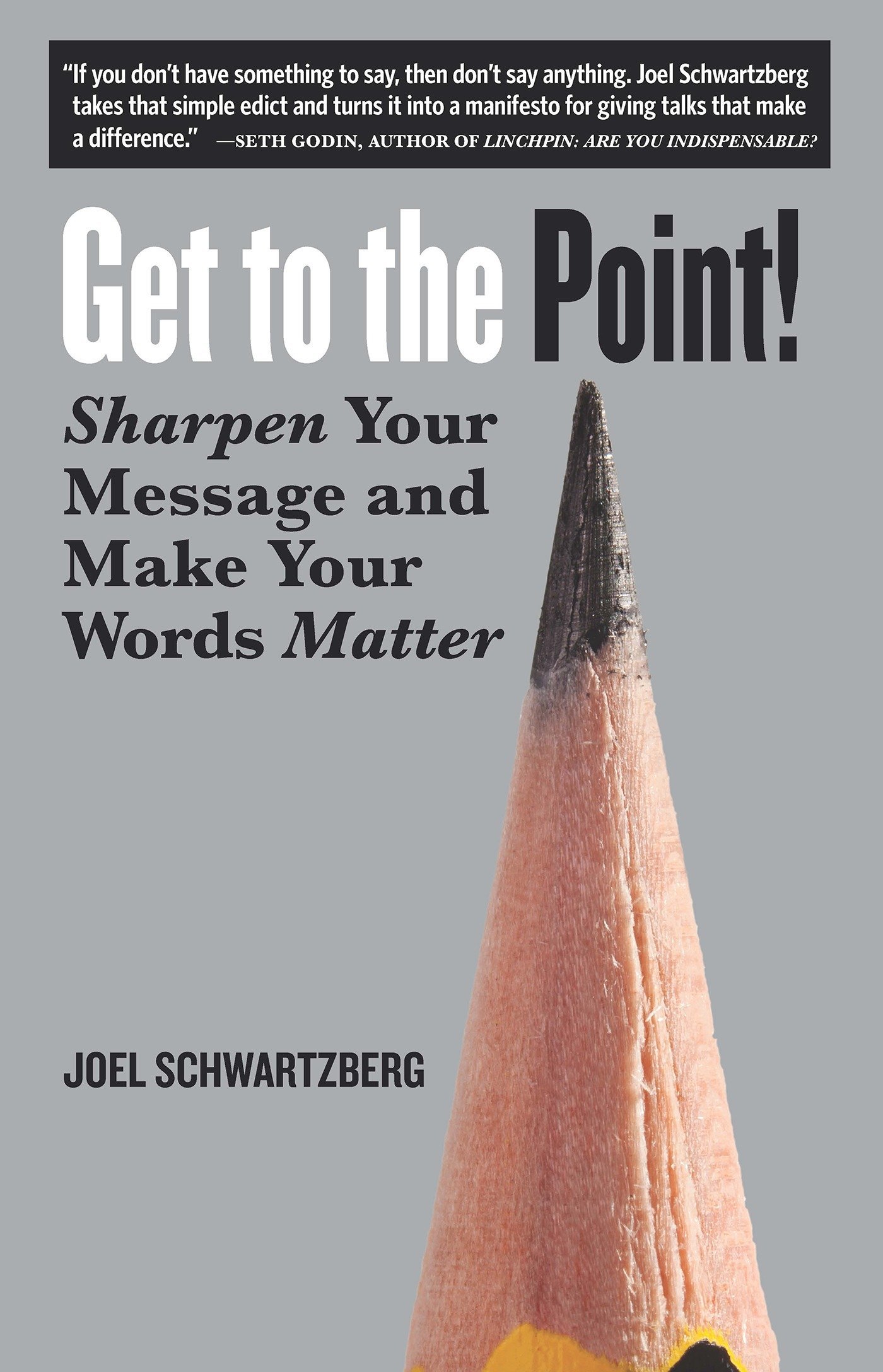
When we speak to someone, we deliver what is inside our head to our conversant's head- the sole objective of communication. It does not matter how we look and how our voice sounds; as long as we fail to deliver our point, our communication is meaningless. To communicate our point, first, we should decide what the point is and how we can benefit our audience with our point. Then, we should adjust the vocabulary that we use to the audience's capability to understand the message that we deliver.
21 lessons for the 21st century
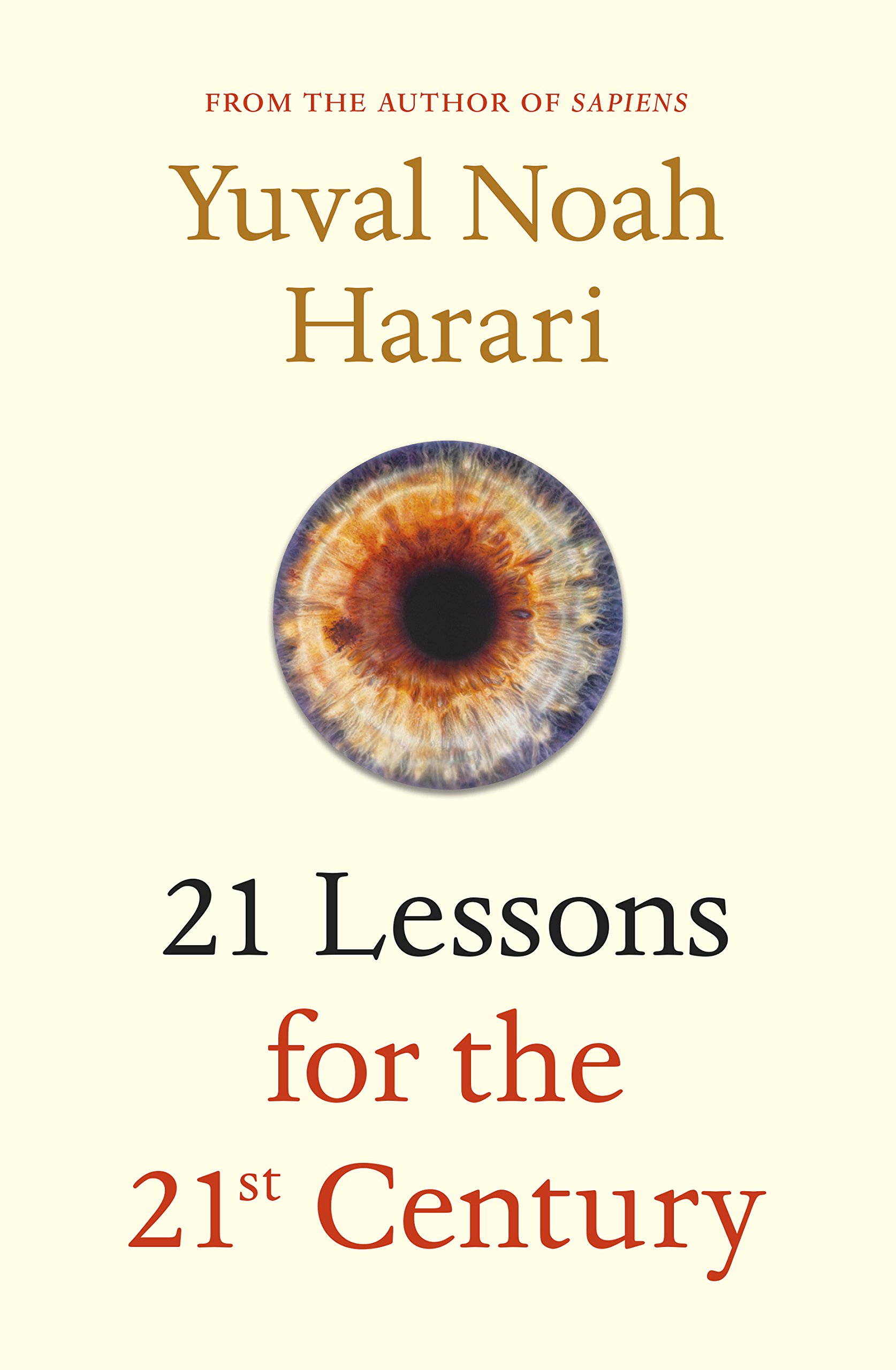
We always seek to advance our civilization but seldom ask ourselves what kind of society we dream to live. "A better society, in which every individual can fulfill his role and has an equal right," we often answer. That dream, however, only can be achieved only by global cooperation involving all nationalities, religions, and political parties. Without universal cooperation, the prosperity of one civilization will only be a reason for another one to start a war. In this global era, each community is connected with the others; what happens in one group affects another one. To realize our dream of becoming a prosperous global society, we should start looking outside the walls.
Volume Control: Hearing in a Deafening World

One of the human senses that never sleeps is the ear. It constantly senses the vibration carried by air and transforms that sound wave into information interpreted by the brain. Compared to the other senses, we barely care about our audio sensor's health. We treat our ear as if it can heal itself even though we expose it to harmful sounds: loud music, car-horn, and bustling city life. We ignore our ears' problems since we believe that people with impaired ears can function as usual. The fact, however, tells that deaf people seem to perform well in basic activities (e.g., walk, eat, drink) but struggle to accomplish tasks requiring coordination and collaboration with others (e.g., chatting, driving, playing football)
The Rise and Fall of the Dinosaurs: A New History of a Lost World

The wheel of life always moves - nothing stays at an equilibrium position forever. When something slips and falls, another rises to the surface. Dinosaurs ruled this world with their gigantic body, stood on the top, feared none. They dominated this world after their predecessor's kingdom crumbled to the ground. The evolution chose them to overtop other creatures, equipped them with a magnificent physical shape and distinguished social skill. After millions of years, they stood on the top, then the evolution itself chose a new favorite and expelled the dinosaurs. So maybe, one-day, the evolution itself will gaze on another creature and strips off our crown that we hold so dear.
Range: Why Generalists Triumph in a Specialized World

Discovery is not a process to invent something from nothing. It is a process to apply one solution to another problem that lies in another sphere. To find that connection between two points, you must see those points from inside and outside. While we tend to specialize in one particular field, we should encourage ourselves to be curious about things outside our discipline. And since the path to discovery is not straightforward, we need to play the game with the right rule: to stay in, not to win.
How Emotions Are Made: The Secret Life of the Brain
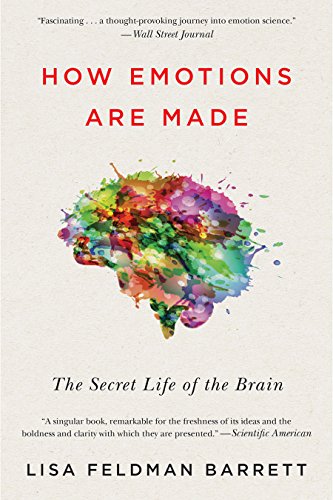
Alike religion and the concept of sound, emotion is one of the social realities that humans develop to express the change in their physical body. It helps us (as a human) to categorize what happens within us and communicate it with people in our community. Although we often believe that emotion and physical condition are separable entities, in truth, they are not. For example, your heartbeat increases when you feel afraid and awe, and you think that you are happy when your endorphins escalate.
Emotion is our brain's product that translates the environment around us, captured by our senses, and combined with the experience wired in our neurons so we can communicate what happens within us with other people. Hence, we can't say that a person can control his emotion and become more rational. But we may say that to be rational you need to let your brain process more information to increase its prediction on interpreting the circumstances.
Innovation Delusion
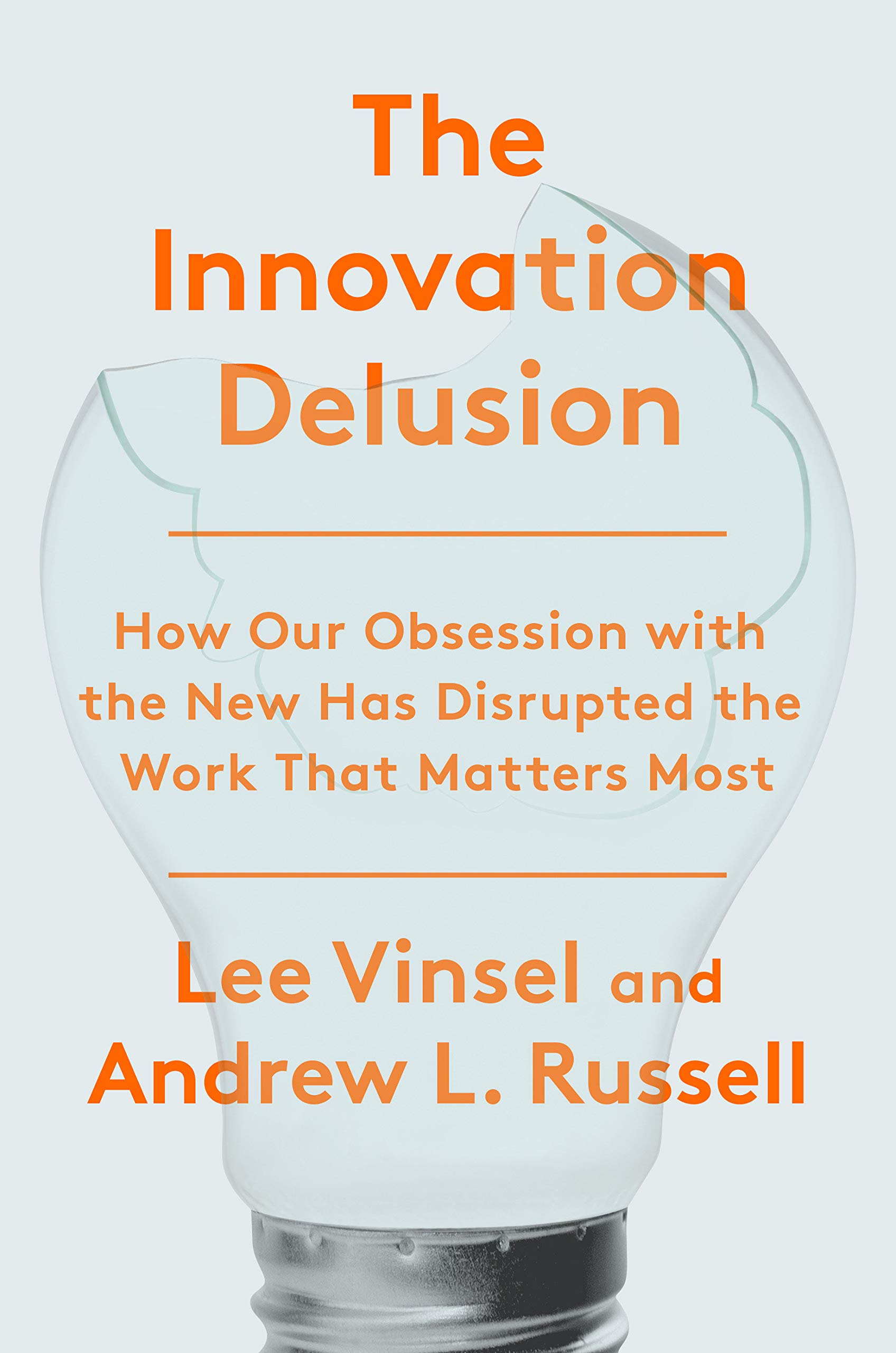
Innovation is a must. But without maintenance, it will be a catastrophe. The human species thrives because it can adapt to its surroundings and overcome obstacles. While we adapt, we either create something new or improve the things that we have, and we call both of them innovation. We innovate to improve our life quality and to adapt to the environment that changes over time. Hence, any innovation that neither improve our life quality nor simplify our life are only innovation delusion.
The Now Habit

You procrastinate not because you are lazy but because you feel anxious or get overwhelmed by the task that you have to accomplish. Overcoming procrastination requires you to reframe your mindset about the duties and how you execute them. The first step you need to take is to nurture the "I choose, decide, and do that" mindset and free yourself from the have-to perspective. When you choose and decide to accomplish something, you tell yourself that you do that for yourself with your willingness. Next, you can break down a big task into small objectives that you can start and finish in a certain period, so you can see the progress that you make. Lastly, you award yourself by taking a break. When you hold a glass for a long time without a break, you will feel exhausted, even though the glass is very light. It is the same when you work continuously without a break; one day, you will break yourself. So give a reward whenever you accomplish something: go on vacation, and spend your time with your loved ones.
"Personally, however, I think we should procrastinate before making a crucial decision or after finishing our draft. So we have time to get more information to refine our current perspective".
Deep Medicine: How Artificial Intelligence Can Make Healthcare Human Again
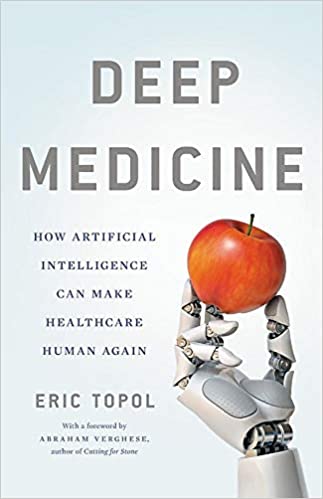
The use of AI in medicine is neither to replace doctors' position nor to remove humans' intervention in medical work but to alleviate the medical workers' burden by automating narrow tasks and accelerate their performance. So, they will have more time to spend with their patients and their loved ones. The use of AI also will reduce the price and increase the accessibility of health-care, which will lead to a more inclusive system. Another benefit of using AI in medicine is a personalized health-care that will allow a patient to receive treatment based on his physical and emotional characteristics.
The Ride of a Lifetime: Lessons Learned from 15 Years as CEO of the Walt Disney Company

Leadership is not only the capacity to manage people, but it also requires the ability to appraise, care, empathy the people who follow you genuinely. In a dire situation, a leader will be his follower's power, and what he says and how he behaves will affect his people. He should initiate hope: to believe the people and to take action to solve the problems that lay ahead. To lead also means to dare enough to listen to others' opinions and to evaluate yourself whether you use your power and authority appropriately or not.
Becoming
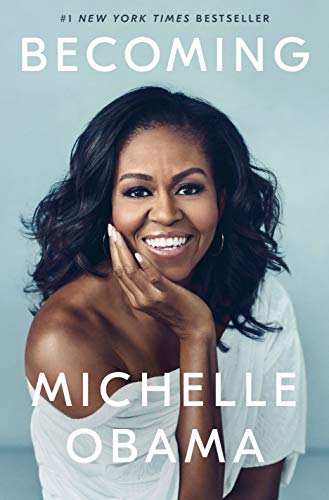
From zero to hero is the sweetest dream that many people try to believe. The idea revolts the conventional belief, in which what you will be is decided by who you are. It, however, does not always happen and can only occur when the place, the time, and other circumstances support the idea. Despite that grim fact, you, of course, must strive for your dream and put all of your efforts to convince yourself and others that your goal is possible. But, you shall not forget to define yourself anytime and anywhere you can before the others define you. Also, you must convey to them that you can get and use privilege as much as they can, and you come from a "remarkable" family that is the only one in this world and contributes to shaping your identity.
The Firm: The Story of McKinsey and Its Secret Influence on American Business
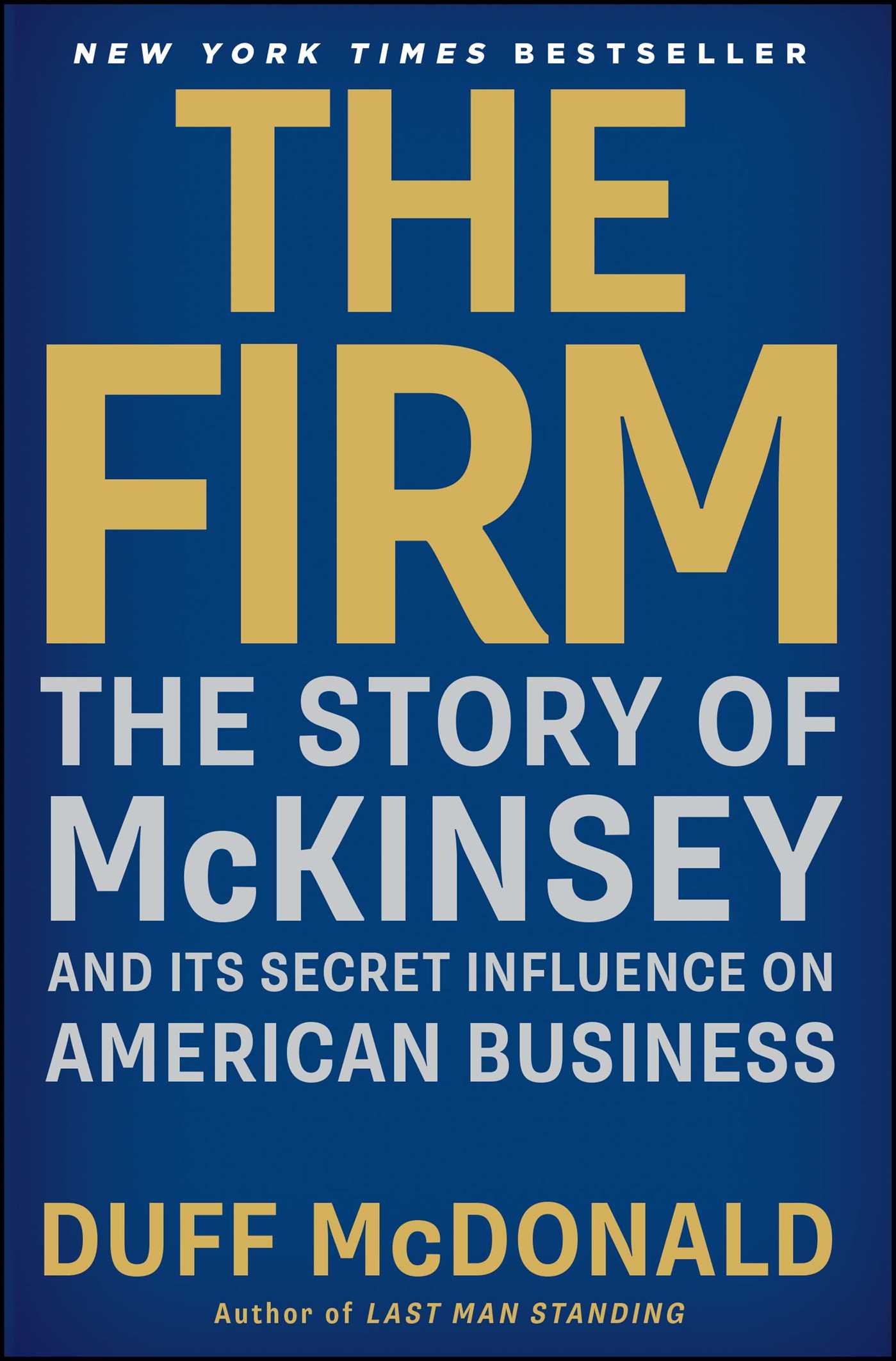
Before you advise someone, you should make him trust you, so he listens to the perspective that you offer. Building trust with others needs both charming behavior and radiating self-confidence. In brief, people put their trust in you if you show them that you can be trusted. Then, once you become someone's confidant, you should remember that what he says to you becomes a secret between two of you.
You must understand that you have to keep his secret and his pride by claiming none of his success and his failure as yours. And the advice you give to him should be treated as advice, not instruction or even a suggestion.
The Second Kind of Impossible: The Extraordinary Quest for a New Form of Matter
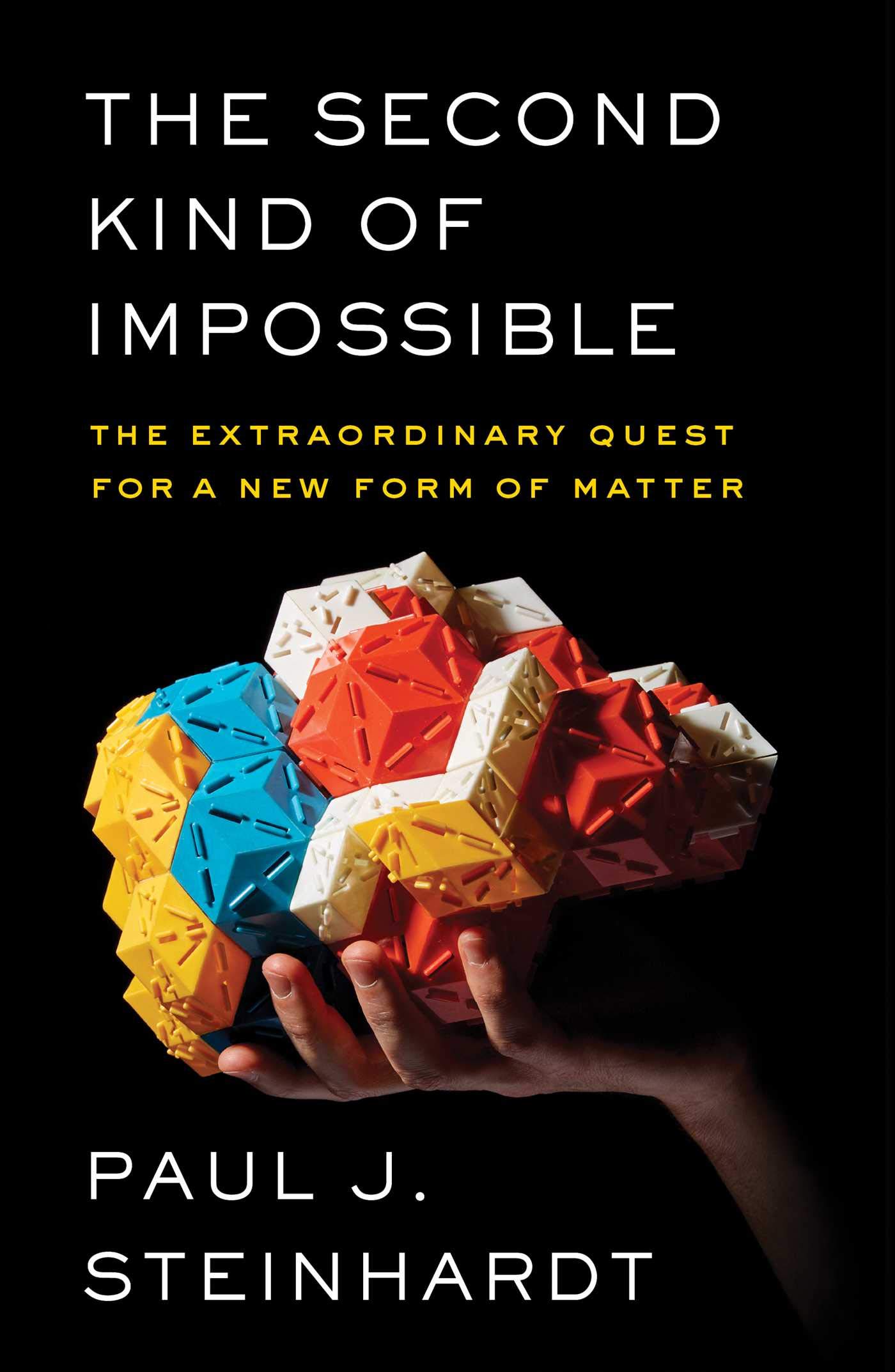
When you encounter an impossible thing, you have to ask yourself whether it is the first or the second kind of impossible. The first kind of impossible is the thing that absolutely cannot be done, such as walking with a hearth for a man. That is because it is a soft internal organ that cannot support the weight of its owner. The second kind of impossible is the thing that has a tiny chance to be successfully done, but it is worthy if you succeed to do it. In pursuing the second kind of impossible, you need strong physical and emotional perseverance that only possible if you have a good resilence for both of them. Also, you need people who dare to criticize you so you can avoid confirmation bias that you will often experience when you find the thing contradicting the common belief.
The Choice

Everyone is born free to make many choices in her life. When we are a child, our parents and the people around us help and guide us to decide which options we should take. As we grow and become aware of ourselves, some of us exercise to make our own choices, but the others prison themselves in their own mind and let other people decide on their behalf. For that, we blame our parents, friends, partner, or government for our incapacity to free ourselves. We mistakenly believe that other people force us into submission towards them so we do not have freedom anymore. Yet, we do not dare to accept that our body will not be free as long as we prison our mind, believing that we are incapable to make choices. To free is to accept what already happened to us, to learn from our experiences, and to forgive ourselves and others that have harmed us. To free is also to understand that we always and can make another option, not only options presented to us. We may be restricted physically but we are always free in our mind because no one can enter our mind without our permission.
The Book of Why
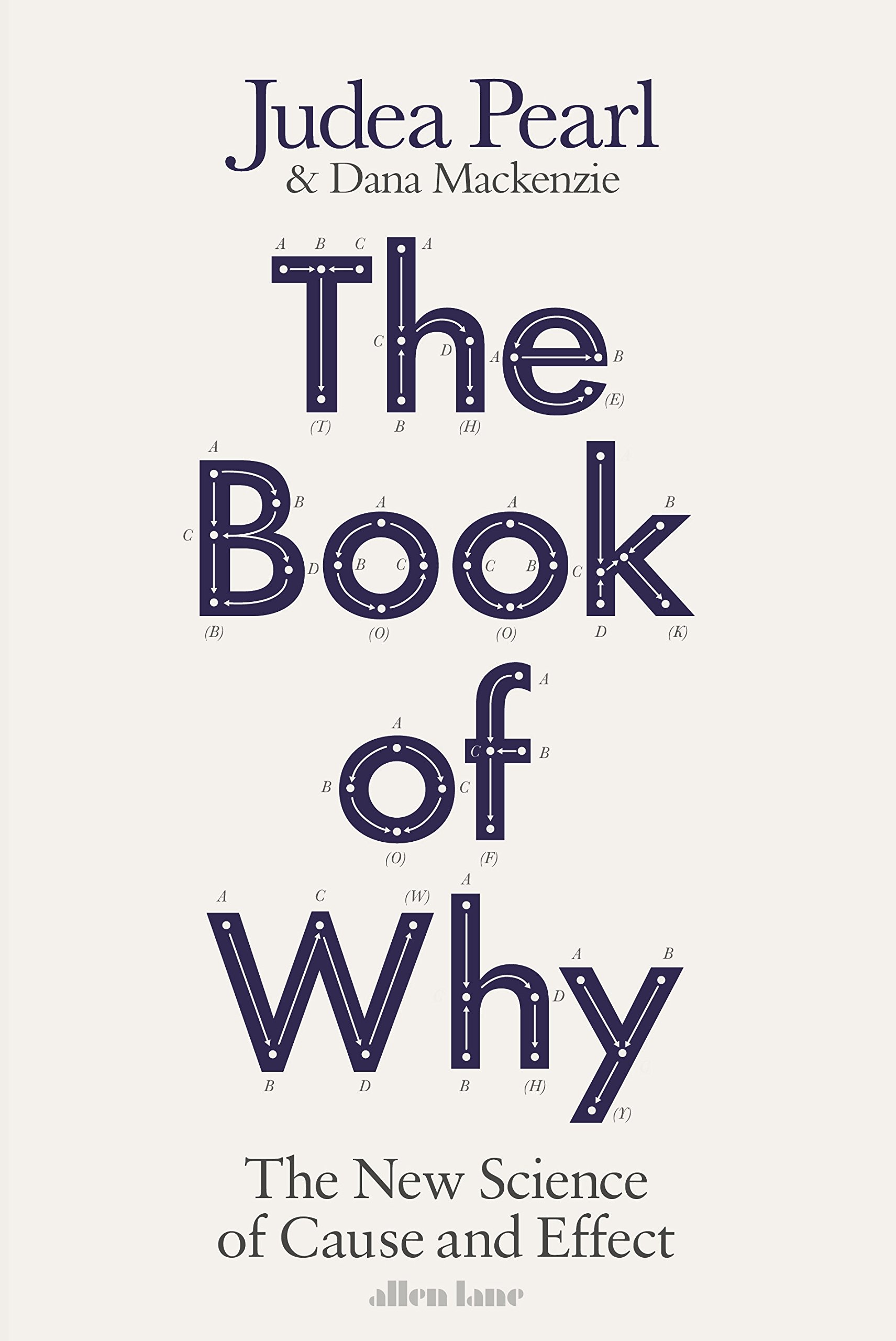
Nature answers only questions that we ask to it. Contradicting results doe not mean that reality opposes the theory, but it means what we ask to nature is wrong. I realize that many of my collages and I do not seriously consider the step to formulate a question in our research. We often assume if we do a bunch of experiments, then we can obtain the expected results serendipitously. We often forget that bias does exist inside our minds and is ready to fool us by assuring us that we see patterns in the data. Constructing a causal model when conducting research can help us to prevent undesirable misinterpretation that can harm both ourselves and society. This technique encourages us to consider the possibility of cofounders that involve in our study, thereby allowing us to minimize or remove the effect of them in our model so we can get probable answers from the mother of nature.
Irrational Exuberance
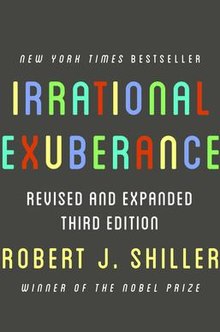
The price of equity in the market not only affected by smart decisions but also irrational actions. Although many people are more educated financially, still, their actions can be influenced by many factors such as the-word-of-mouth and news that make them panic to sell or to buy assets. That does not mean that they are stupid, but it indicates that sometimes people can be overwhelmed by their emotions and become irrational.
Where Good Ideas Come from: The Natural History of Innovation

An idea is not a single entity that comes from nothing. It results from the collision of information that interconnects inside the human brain. To emerge to the surface, it requires components that support its existence and vibrant society that maintains its circulation.
The Culture Map

When a wise man says that you must travel around the world to understand the people, it means literally. Nowadays, flights are safer and cheaper, business sprouts in many continents, so people are more connected. While you can enjoy comforts in your hometown, you also can taste frustration caused by other people that do something differently from you. However, if you can be flexible and aware that people not only differ personally but culturally, then you can strive and ripe many benefits.
The Art of Statistics: Learning from Data

Statistics is a tool that we can use to reveal information in data. Like other tools, it produces what its users expect and depends on their expertise. It may unveil the secrets of the universe or bias the truth that lay ahead of us. Statistics is also prone to its users' willing: it cannot reveal the lies that are fed to it by its master. In the era of big data, we who want to survive have to pursue statistic literacy - so we became less ignorant.
Bad Blood: Secrets and Lies in a Silicon Valley Startup
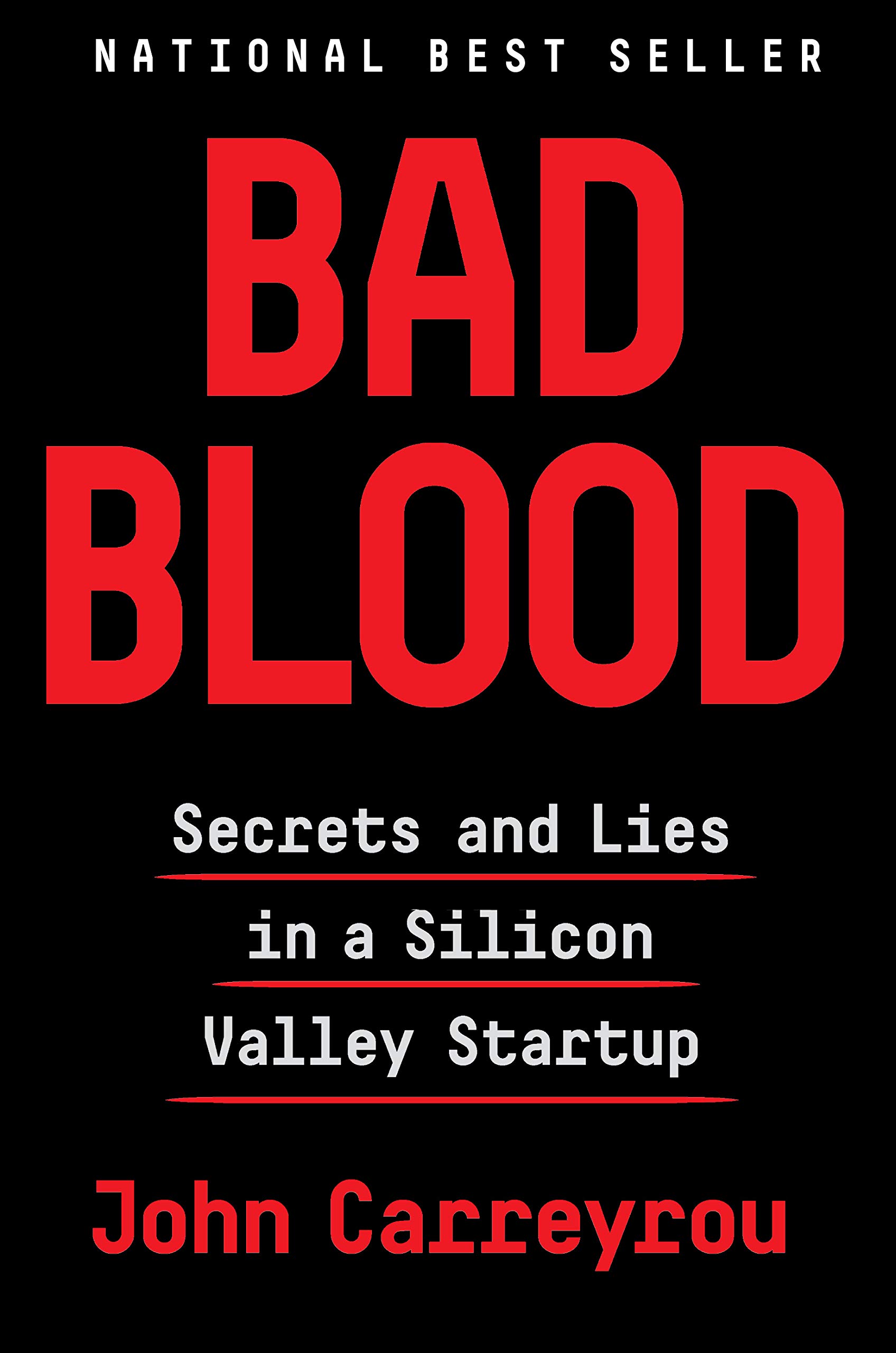
"Fake it until you make it" is a jargon that sounds ambitious and has been adopted by many tech companies. While users of software only get frustrated by the bugs found in it, users of the medical system may get killed. This book reminds me that not all brilliant ideas survive since some of them get sunk to the bottom of the sea because the current circumstances do not support it. It was like the fate of artificial neural networks in the 90s, while many people were skeptics and thrown away the idea; until the advance of computer hardware such as GPU that enables ANN to be trained with a big dataset and outperforms the conventional ML algorithms. Maybe, if the founders of this startup focused on solving the basic problems first, then implemented their revolutionary idea - maybe they would win.
The Art of Thinking Clearly
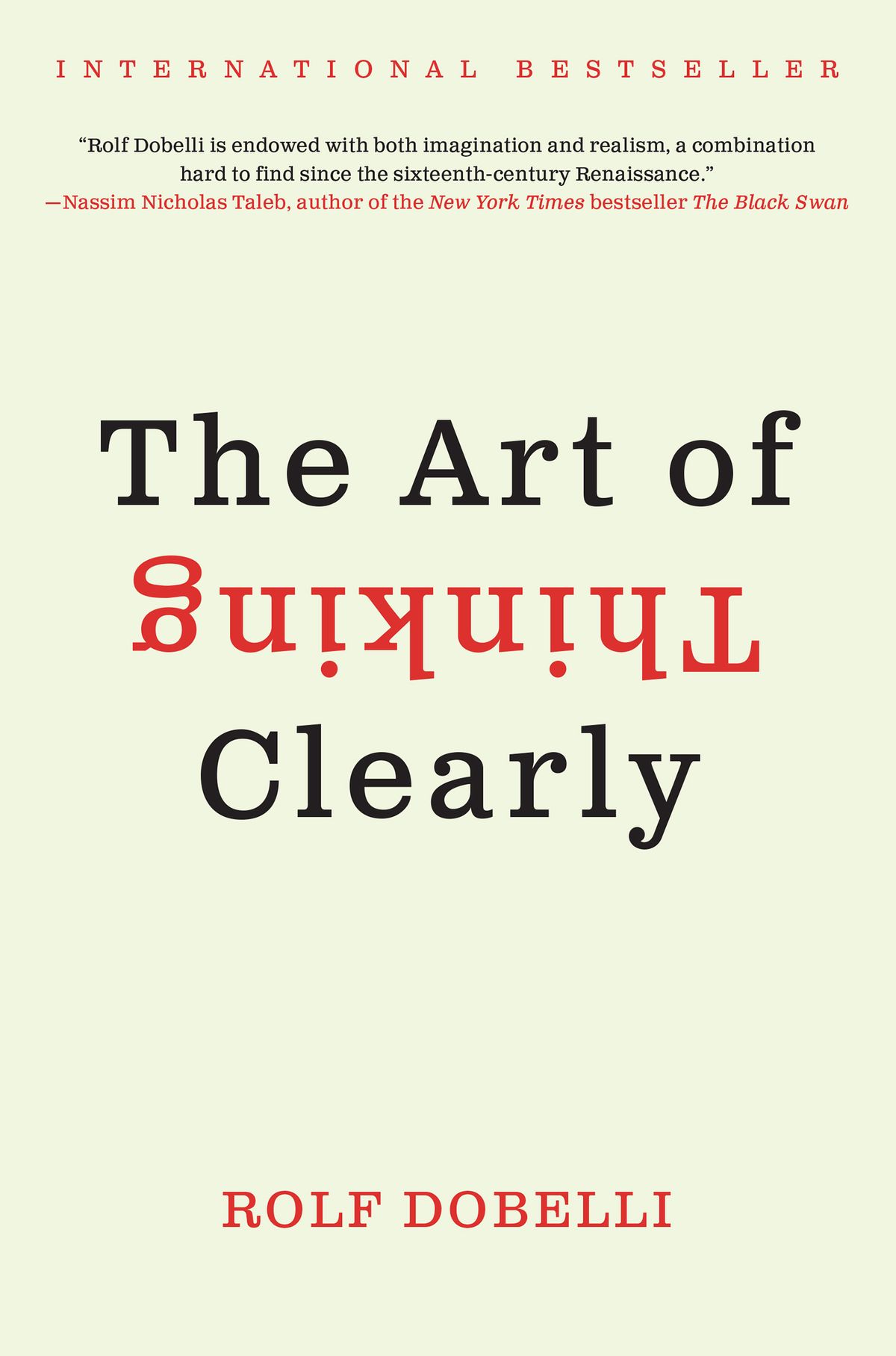
Cognitive skill contributes to the human race's causes to advance over other creatures, but it does not mean it is without flaw. The cognitive error happens frequently in our daily activities. For example, we often end up buying on-sale products that we do not need because the "last-chance" sign is put on them. Or we feel more hurt when we break off from our friend after a one-year relationship but feel less when she is the one we know three months ago. The book tells us more cognitive errors that we often face but do not realize. We cannot eliminate these errors from our life yet avoiding them and reducing their effects are possible by criticizing ourselves.
Educated
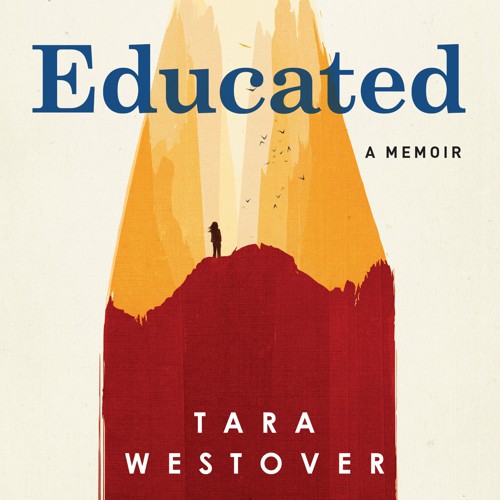
We were born and raised in a family. We inherited both our ancestors' physical appearance and their experience - that includes their fear and prejudice. We hate what they hate and think what is right from their lens. So the first mission in our life should be fighting against the prejudice that we have unconsciously built till now - and it only can be won with curiosity and education.
Upheaval: Turning Points for Nations in Crisis
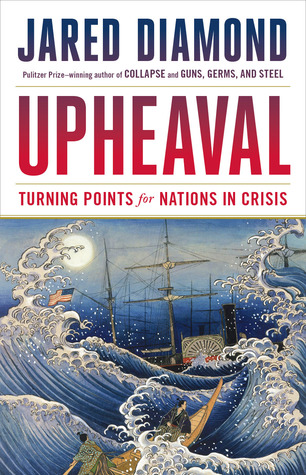
Every individual will face crises in his life. If he can tackle them he survives, otherwise, he vanishes. Like an individual, a nation also will meet its own crises that require all components of it to make selective changes thus the nation can survive. Both an individual and a nation can only pull through a crisis if first, they acknowledge that they are in a crisis then take the responsibility to solve it. For us as human, can we survive crises that we are suffering now e.g. global warning, spreading epidemic, and shrinking vital commodities if we close our eyes upon them?
A Beautiful Mind

Life is a struggle to balance between what you want and what society expects. It is fragile as many people stumble down just after seeing their glory. It is a conflict between solitude and company. Yet, life also provides hours of enjoyment when you achieve prestige and get acknowledged for it. That is a chaotic cycle that may thrust you up from the bottom of a dreadful valley. Life, indeed, is a perfect harmony between cooperativeness and rivalry.
Letters to a Young Scientist

Being a scientist truly requires an ability to find an important issue and raise questions from it then solve them. Science does not force you to deliver a perfect solution at the first step but it demands a creative approach so people can understand better about the issue. There is no scientist who works alone, collaboration and competition are mandatory to deliver insightful finding.
Infinite Powers: How Calculus Reveals the Secrets of the Universe

Richard Feynman said "Calculus is the language of God". This book does not tell the difficulty of calculus exercises so only God can solve them. Yet, it describes many aspects in this world that can be explained using calculus e.g. the effect of HIV drug, planets' orbit, and movement of temperature. It also narrates how calculus itself has been developed till now. Reading this book will answer your big question in school "why should I learn this confusing mathematical formula?"
Insights from the Risale-i Nur
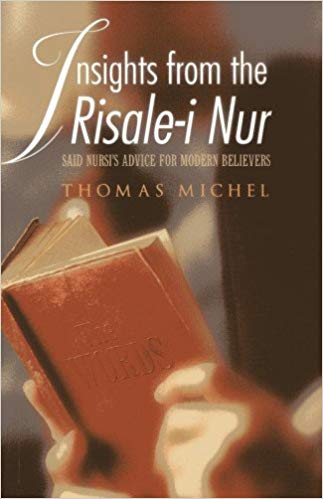
Bediuzzaman Said Nursi is an Islamic scholar living in the early year of Republic of Turkey. The author of this book summarized The Risale-i Nur Collection, a tafsir on the Quran written by Nursi. The book describes Nursi's perspective on how a Muslim should contemplate his purpose in this world and how he should live in harmony with other creatures. Although the book glances upon life principles of an Islamic cleric, a reader of this book can get a glimpse of a viewpoint of monotheism society in general.
Sapiens (A Brief History of Humankind)
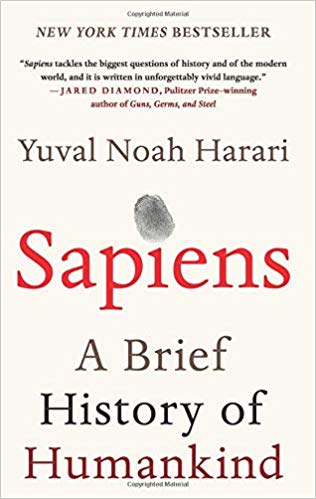
If you wonder what kind of creature you are and how your race can reach this point, I recommend you to read this book. It tells about our predecessors, how they evolved from one generation to the next generation and what makes them progress significantly compare to their "siblings". Not only about the homo sapiens but also the books narrates about their society that transforms to fit with the demand of the people.
Surely You're Joking, Mr. Feynman!
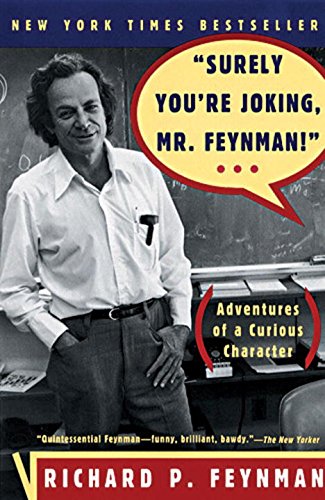
I see Richard Feynman as a colorful scientist who is very curious about his surroundings. One of his famous quotes is "what I cannot create, I do not understand" that tells us we only can fully understand a concept if when can reproduce it. This book gives us a picture of Richard Feynman's journey from his childhood until he became a professor at CALTECH. His journey brings you to another realm that some of us have left for a long time ago, our childhood curiosity to prove what we heard and to observe what we found.
Thingking, Fast and Slow
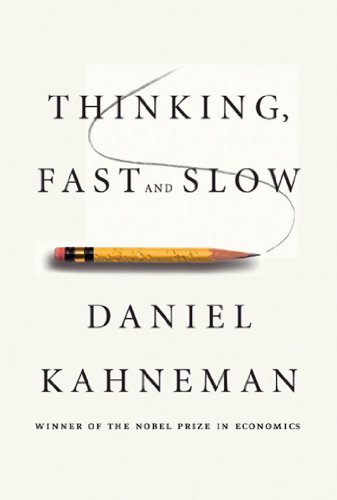
Our mind comprises two systems that collaborate to represent and interact with the world around us. While System 1 works by valuing our experience and the information that exists at that time, which makes it very prone to bias, System 2 relies on the knowledge that we know. That is why System 2 is slower than System 1. Although System 2 helps us to refine and rationalize the result proposed by System 1, it also has its own flaws since our knowledge is limited. Hence, we should be careful and suspect our own judgment as it may hide a mistake that we do not realize.
The Righteous Mind: Why Good People Are Divided by Politics and Religion
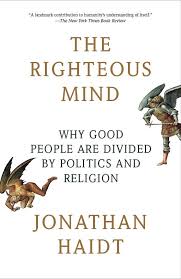
"The more educated a person, the better he makes a justification for his action" is one thing that this book tells about. It is human nature to classify things into the right group or the wrong one as our brain cannot accept disarrangement. Reading this book will give you an insight into why there are other people who think differently than you and why you often cannot accept what others believe on.
Aristotle and Dante Discover the Secrets of the Universe
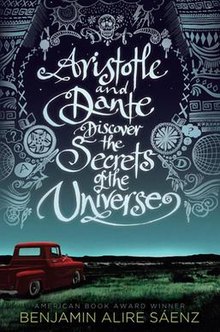
Two innocent children found each other in a universe that welcomed them and pushed them to the margin at the same time. As innocent as they were, they explored the universe together without knowing what they should aim. Thousands of stars guided and misled them to an answer that they did not intend to find. Juvenile love lied between them and started polluting their dream. Each of them expressed his affection in his own way. And as two philosophers who tried to answer the big secret of the universe, they finally made their first discovery. "A secret that rotated around their love story".
The Remains of the Day

A journey gives you joy and time to learn from your past. It is a moment when you leave your routine so you get a chance to see this world differently. You may see all the things that you never expect to see as they reveal themselves in front of your eyes during your vacation. And in this time as well, you can read the "path" that you have written and wonder about the next one that you should take.
How to Create a Mind

Have you ever wondered how your brain works? This book talks about the complex human brain; a complexity that is formed by a repetitive simplicity. There are two main parts of a human brain, the old part and the new one. The old part is a side that is used to regulate body function. While the new part is a side that processes information, called neucortex.
Me Before You
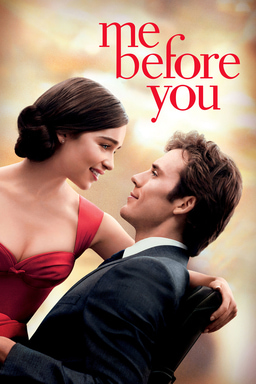
Two people who never meet each other cross on the same path. They are determined to change each other and they succeed to change themselves. They see their decision and life differently in the end. They roam every possibility only to face the truth that they have prepared for. I recommend this book if you need the inspiration to challenge and put yourself to the edge.
Madame Bovary

Nothing is sweeter than being tempted by passion. Every morning you spend, every breath you gush flies like a butterfly. Only if you can rein your emotion, the passion will relent to you, otherwise, it will seduce you until your graveyard.
A girl was born as a peasant yet had a lady's soul. She expected everything and everyone progress as her imagination and forgot that she herself should run to chase everything that left her behind.
Failure: Why Science Is So Successful
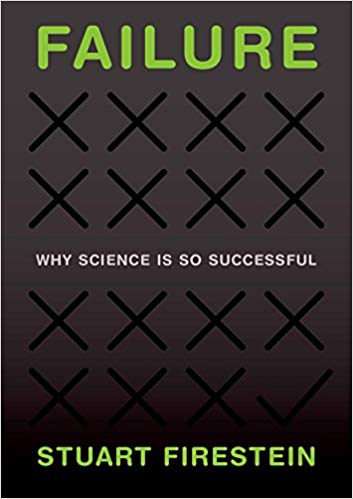
In science, we made progress by making a failure. That is not a failure without a plan or because of carelessness. That is planned failure that we "expect" to happen and lead us to an unexpected finding that does exist and wait to be discovered. This book tells us that in science the more failure that we experience, the more things that we will learn.
What Should I Do with My Life
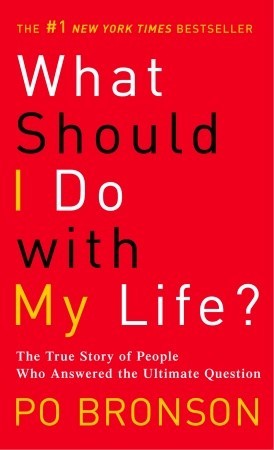
What we want in this life is to be acknowledged and accepted. We are craving to contribute to our society so we can put our legacy. Nothing is more important for us than ourselves. We are an egocentric creature who pretends to care about others. We cannot know what we should be and what's to be done to fulfill our desire for acknowledgment unless we acknowledge and understand ourselves.